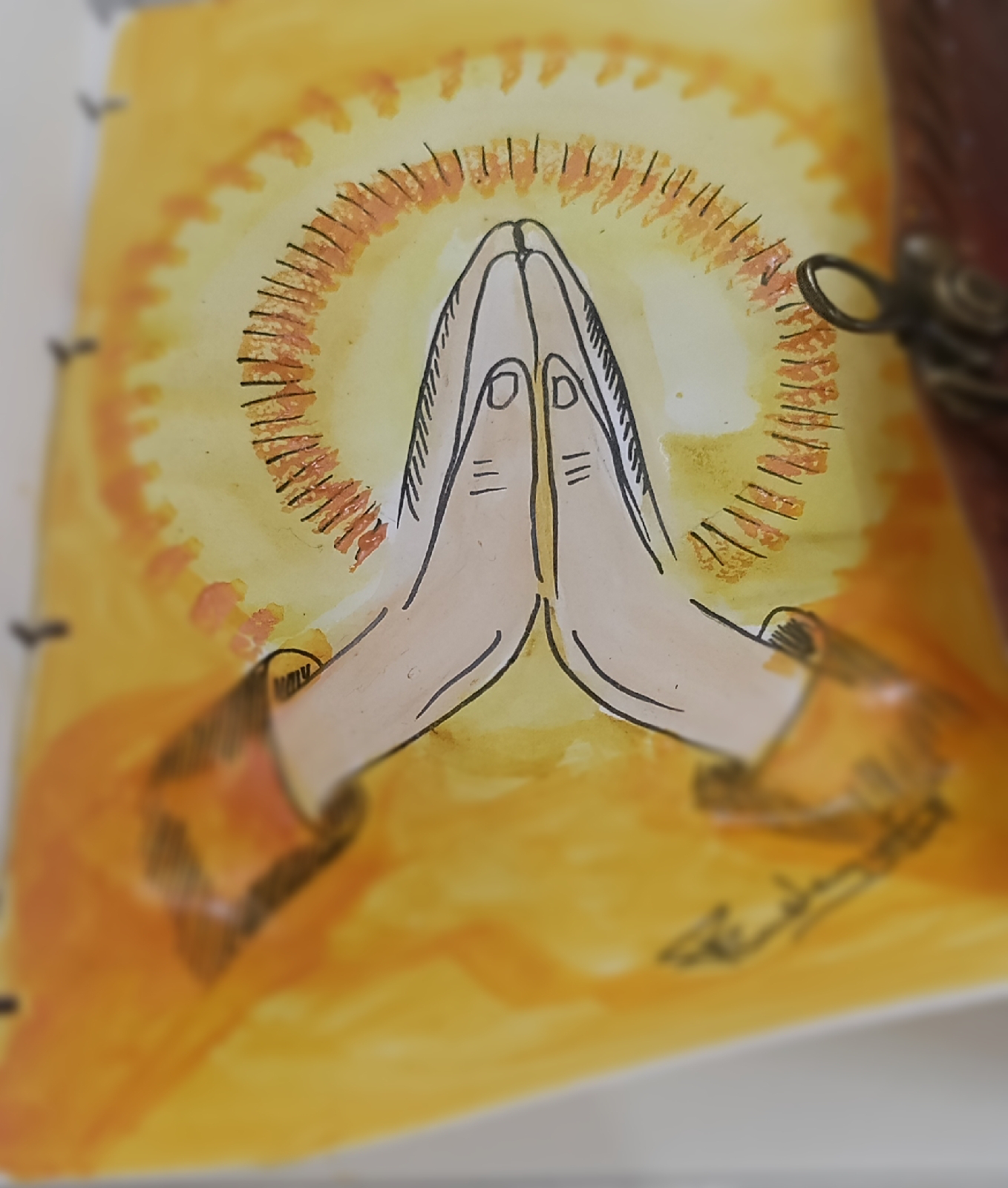Effect of emergency in Indian democracy.
Indira Gandhi, the first female Prime Minister of India, was a towering figure in Indian politics. Born on November 19, 1917, in Allahabad, she was the daughter of Jawaharlal Nehru, India's first Prime Minister. Indira's journey to becoming the Prime Minister was marked by her resilience and determination. She was sworn in as the Prime Minister on January 19, 1966, following the sudden death of Lal Bahadur Shastri.
Indira Gandhi's tenure as Prime Minister was marked by significant achievements and controversies. One of the most controversial decisions of her career was the declaration of the Emergency from 1975 to 1977. This period is often referred to as the "darkest chapter" in India's democratic history.
The Emergency was declared on June 25, 1975, by President Fakhruddin Ali Ahmed, based on the advice of Prime Minister Indira Gandhi. The official reason cited was the prevailing "internal disturbance" that threatened the security of India. This decision granted the Prime Minister the authority to rule by decree, allowing elections to be canceled and civil liberties to be suspended.
During the Emergency, many of Gandhi's political opponents were imprisoned, and the press was heavily censored. More than 100,000 political opponents, journalists, and dissenters were imprisoned by the Gandhi regime. The period also saw a mass campaign for vasectomy spearheaded by her son, Sanjay Gandhi.
The decision to impose the Emergency was met with mixed reactions. On the positive side, the Emergency brought about a sense of discipline and order. The government was able to implement several economic reforms without opposition. The period also saw a significant reduction in crime rates and an increase in industrial production.
However, the negatives far outweighed the positives. The suspension of civil liberties and the censorship of the press were seen as a direct attack on democracy. The mass arrests of political opponents and the forced sterilization campaign led to widespread resentment and anger among the public. The Emergency also led to the erosion of democratic institutions and the concentration of power in the hands of a few individuals.
The Emergency ended on March 21, 1977, when Indira Gandhi called for general elections. The elections resulted in a massive defeat for the Congress party, and Indira Gandhi was ousted from power. The period of the Emergency remains a contentious and debated chapter in India's history, with its legacy continuing to influence Indian politics to this day.
Indira Gandhi's decision to impose the Emergency was a hard one, and it left an indelible mark on India's democratic fabric. While it brought about some positive changes, the overall impact was largely negative, leading to a loss of trust in the government and a deepening of the democratic crisis in the country.

